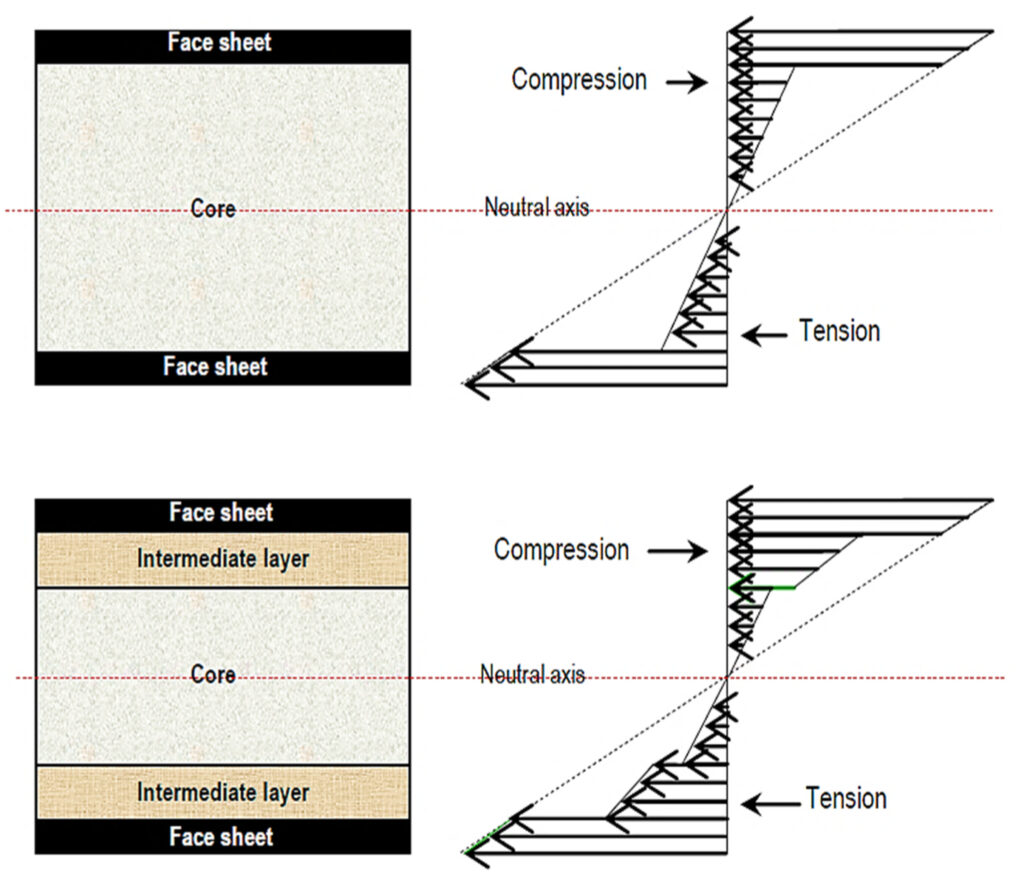Natural fiber-reinforced composites (NFRCs) are expected to find growing applications in near future, especially in Europe where stringent environmental codes are being legislated and public pressure for their enforcement is increasing. Study has shown that NFRCs are also gaining recognition among civil engineers as a viable alternative to traditional materials for use as concrete reinforcement in load-bearing structural members as in building frames and bridge decks.

The present review strives to provide a brief overview of NFRCs, state-of-the-art developments in their manufacture, and examples of their structural applications. Another aspect of the review involves investigation of the challenges facing the use of fiber composite materials in civil engineering. These include the high manufacturing costs, difficulties associated with appraisal of its potential benefits, uncertainties about their properties, lack of understanding among civil engineers of the material and its service life, and the relatively small battery of standards developed for the composite industry. Finally, the study will conclude with the prospects of bio-composite applications and the emerging trends in novel bio-composites for future structural applications.
Abdollahiparsa, H.; Shahmirzaloo, A.; Teuffel, P.; Blok, R. (2023) A review of recent developments in structural applications of natural fiber-Reinforced composites (NFRCs). Composites and Advanced Materials 32, pp. 1–18. https://doi.org/10.1177/26349833221147540

